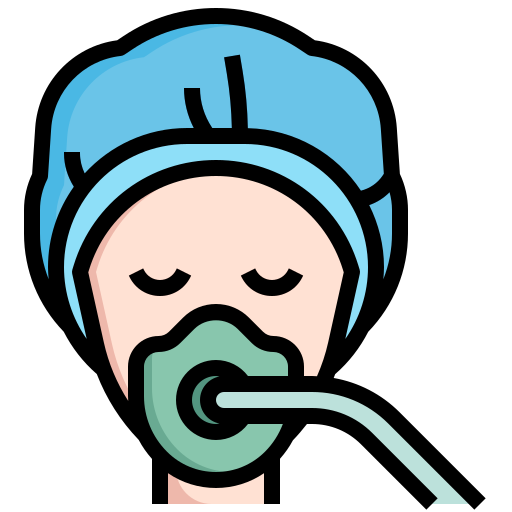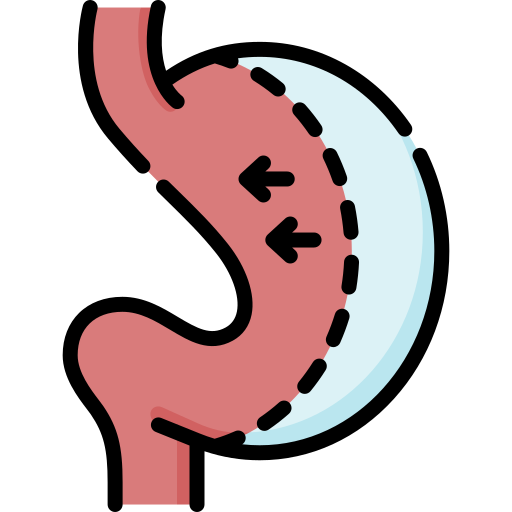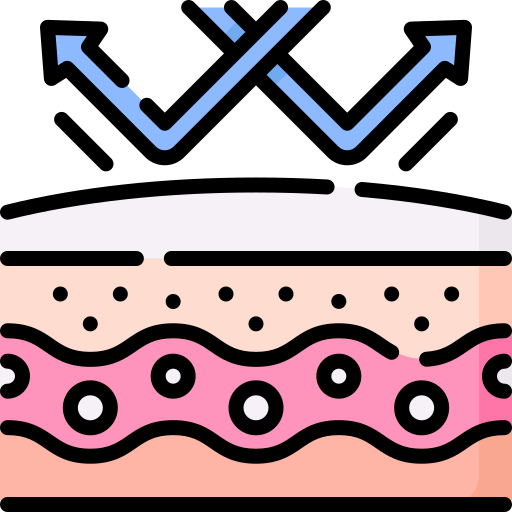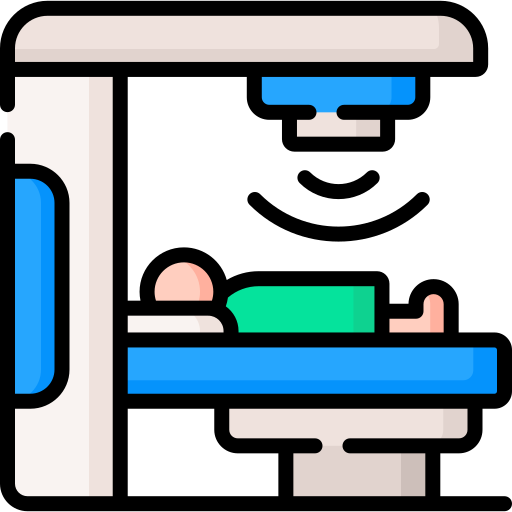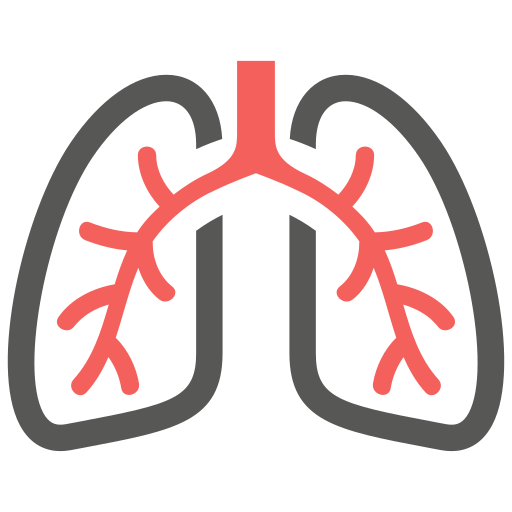Orthopedic Surgery
- Home
- |
- Orthopedic Surgery
Department Orthopedics
Conditions and Treatments Offered:-
1. Total Knee Replacement Surgery
If a patient’s knee is severely damaged by arthritis or secondary to any injury, it may be difficult for them to perform everyday activities, such as climbing stairs or walking. After a period, they may even begin to feel pain while sitting or lying down. When non-surgical treatments prove no longer to be helpful, the doctor may advise the patient to undergo a total knee replacement surgery. It is a safe procedure that helps in pain relief, corrects leg deformity and helps the patient resume normal activities.
Also known as knee arthroplasty, total knee replacement surgery is offered only in the best hospitals in Delhi. There are four steps to total knee replacement surgery. These steps include preparation of the bone, positioning the metal implants, resurfacing the patella and inserting a spacer. Before a total knee replacement surgery is performed, Orthopaedicians do an evaluation of the medical history, conduct a physical examination, X-rays and other tests like MRI and blood tests. The doctor then reviews the results and discusses with the patient if total knee replacement surgery is the best option in their case to improve function and relieve pain. Other treatment options include physical therapy, medications, injections and other types of surgery. Diligently following the surgeon’s instructions after the procedure and taking care of knee replacement and general health are important and necessary to contribute to the success of the total knee replacement surgery.
Numerous conditions can lead to joint pain and disability and cause patients to think about undergoing joint replacement surgery. In many cases, damage to the cartilage causes joint pain. This damage can be either from arthritis, fracture, or any other condition. When non-surgical treatments like medication, change in lifestyle and physical therapy do not offer any relief in the condition, the doctor may recommend joint replacement surgery.
Before the surgery, the doctor will explain the patient about potential risks and complications of total joint replacement, including those related to the surgery itself and those that can occur after the surgery. Joint replacement surgery takes a few hours. During the surgery, the damaged or injured cartilage and bone is detached from the joint and substituted with prosthetic components made of ceramic, plastic or metal. The prosthesis works like a normal joint and mimics its shape and movement. Regular exercise is an important part of the recovery process. The doctor or physical therapist will provide the patient with specific exercises to help restore movement and strengthen the joint.
2. Hip Replacement Surgery
Total Hip Replacement- Frequently asked questions
1. What is Arthritis?
2. Who develops arthritis?
Primary osteoarthritis typically affects people over 50 years of age and above, but nowadays it is commonly seen at younger ages also.
It is more common in persons who are overweight or obese or suffering from Rheumatoid arthritis or Anky losing spondylitis. In some patient’s arthritis tends to run in families and can be genetic. Other factors that can contribute to developing arthritis include injuries, developmental abnormalities like dysplastic hip and Perth’s disease.
3. What are the treatment options available for arthritis?
4. Spinal Fractures or instability, prolapsed discs and radiculitis.
Consultants

Dr. B.K Jain
( MBBS, MS )

Dr. Mohan Chand
( MBBS, MS )

Dr. Nirmal Kumar Rathi
Orthopaedics
(MBBS, D.Ortho)

Dr. Krishan Kumar Gupta
Orthopaedics
(MBBS, D.Ortho, D.N.B Orthopaedics. )

Dr. Mohan Chand
Orthopaedics
(MBBS, MS. )

